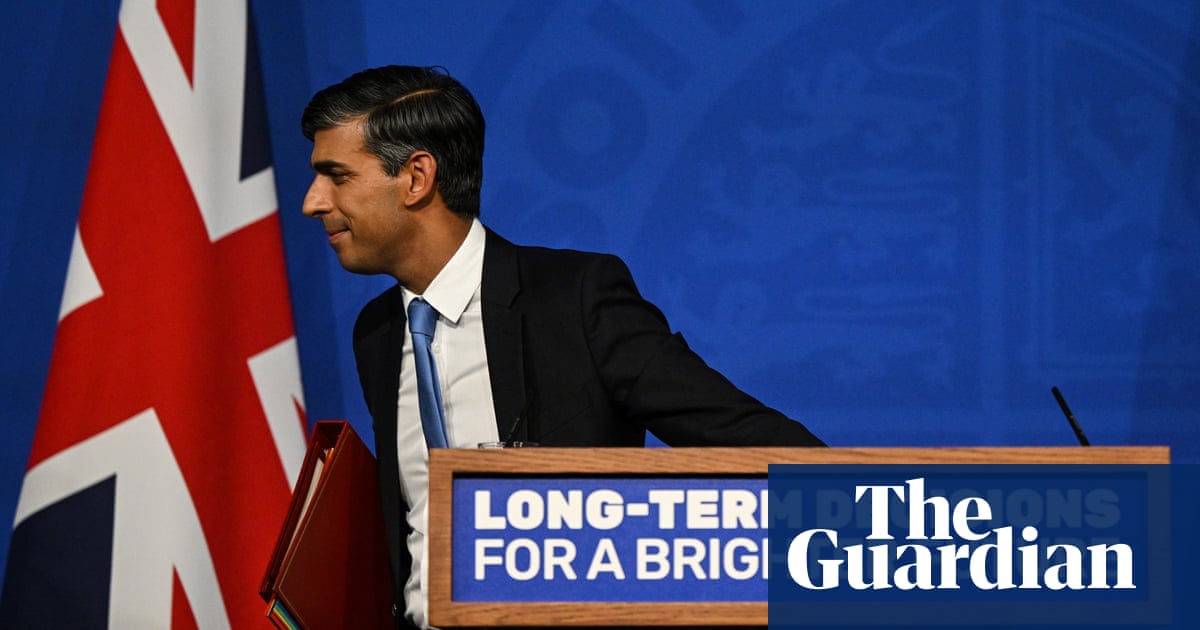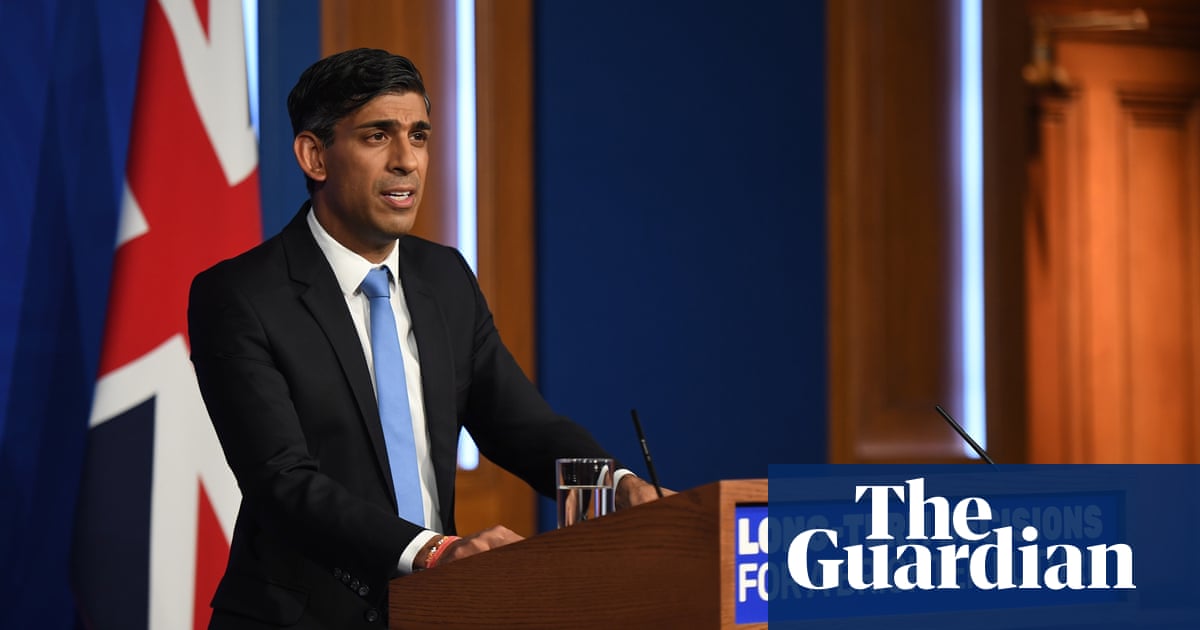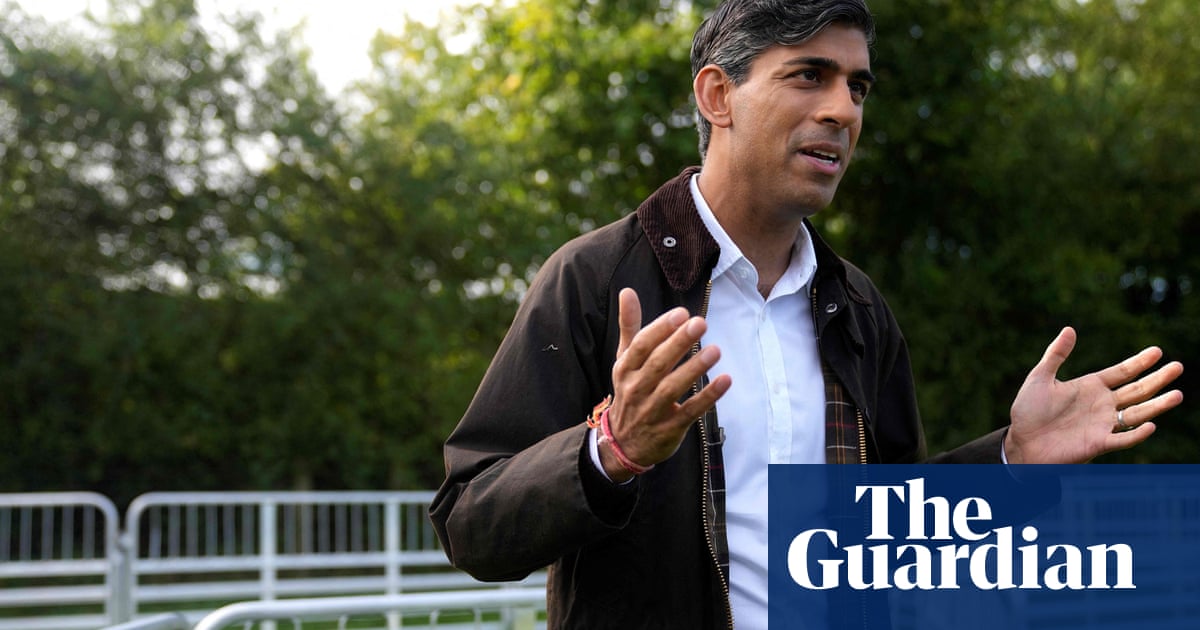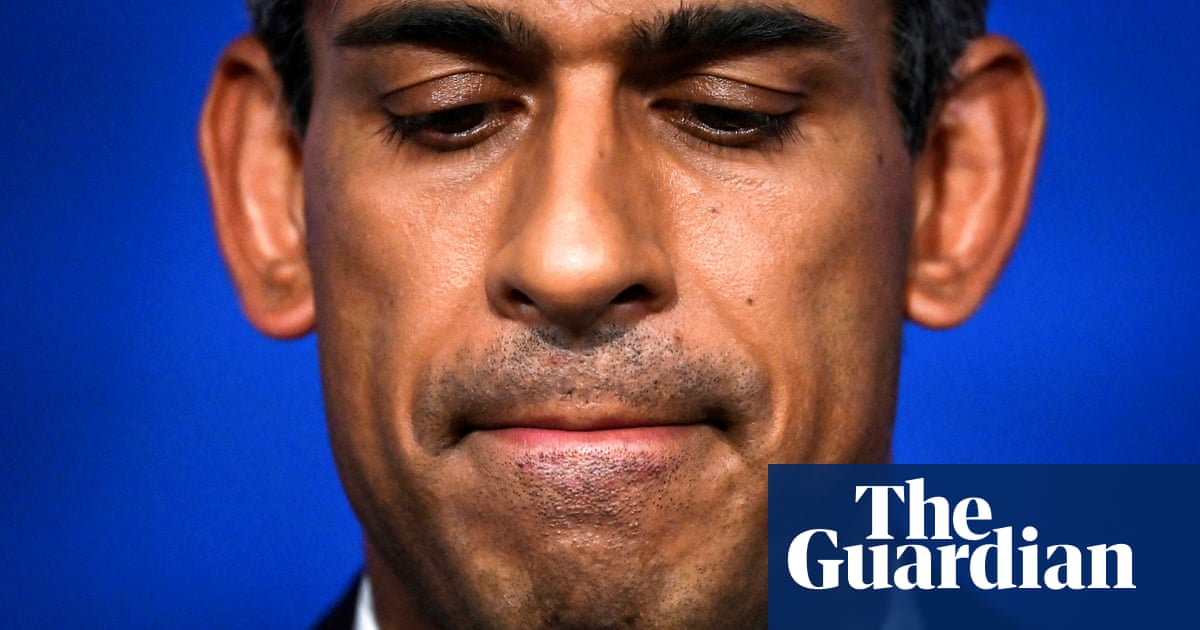
Rishi Sunak has performed a major U-turn by imposing Covid checks on travellers from China from 5 January, after criticism from a growing number of Conservative MPs over his “dithering”.
After a series of seemingly mixed messages about whether the UK would follow the lead of Spain, Italy, Israel, the US and India in screening arrivals, the prime minister backed the move to bring the UK into line with its allies in a change of policy on Friday.
The UK Health Security Agency will also initiate surveillance from 8 January, which will see a sample of passengers arriving in England from China tested for the virus as they arrive.
Covid-19 cases in China continue to surge after Beijing’s abrupt decision to end most of its strict pandemic restrictions. Concerns about the ability to track any potential new variants have led No 10 to bring forward a “clarification” that was promised by defence secretary Ben Wallace earlier this week.
Because travel is a devolved matter the decision will affect England only. However, all direct flights from China are said to land in England.
The government said airlines will be required to check that passengers from China have a negative Covid test before departure, with travellers required to show evidence that their result was negative.
The move is designed to align with the US’s policy, and is being taken because of what the government believes is a lack of reliable data from China.
The health secretary, Steve Barclay, said the UK was taking a “balanced and precautionary approach”, describing the measures as “temporary” while officials assess the latest Covid-19 data.
He said: “This allows our world-leading scientists at the UK Health Security Agency to gain rapid insight into potential new variants circulating in China.
“The best defence against the virus, however, remains the vaccine. NHS staff have done an incredible job delivering over 150 million jabs across the UK. It isn’t too late to come forward, for your first, second, third, or autumn booster.”
Sunak, who has said he previously resisted some Covid measures including helping avert a lockdown last Christmas when he was chancellor, came under pressure from more senior backbenchers earlier on Friday.
Tobias Ellwood, the chair of the Commons defence select committee, suggested the government’s emergency response committee – known as Cobra – should have been convened.
He raised concerns about the reliability of data compiled by the authorities in China, which has experienced a sharp rise in reports of Covid cases and deaths after a significant weakening of rules and abandonment of the “zero-Covid” strategy.
“We should be taking our own precautionary measures … we do not know what variants of Covid have developed in China in the three years of their lockdown,” he told LBC radio.
“Any dithering leaves us as a hostage to fortune … The later you leave any action, the less impact it will have. Let’s get testing in place for passengers regardless of nationality of all incoming flights from China.”
Ellwood asked: “Why hasn’t Cobra met to come to the same conclusion? If there’s any doubt whatsoever then we need to take action and take it immediately.”
David Davis, a former cabinet minister, said it would be “pretty sensible” to require all arrivals from China to be Covid tested, and claimed it would be a relatively small price to pay.
“China, with a very large population of infected people, is likely to be the most probable source of the next variant, and if you get a virulent variant you want to be ready to cope with it as soon as possible,” he told LBC.
“If somebody turns up with the next virulent variant from China, we want to have processes in place – I think the government should certainly consider it and I would ideally implement it.”
The two MPs are known for their hawkish stance on China, though their interventions follow calls by others, including the former health ministers Steve Brine and James Bethell, for testing of arrivals from the country.
But the usefulness of such a policy was disparaged by Andrew Pollard, the chairman of the Joint Committee on Vaccination and Immunisation.
“Trying to ban a virus by adjusting what we do with travel has already been shown not to work very well. We have seen that with the bans on travel from various countries during the pandemic,” he told BBC Radio 4’s Today programme.
“The important thing is that we have surveillance that when a virus is spreading within our population here in the UK or Europe we are able to pick that up, and predict what might happen with the health systems and particularly the more vulnerable in the population.”
Downing Street had previously sought to dampen expectations of an imminent change in policy, after Wallace said it was “under review”.












